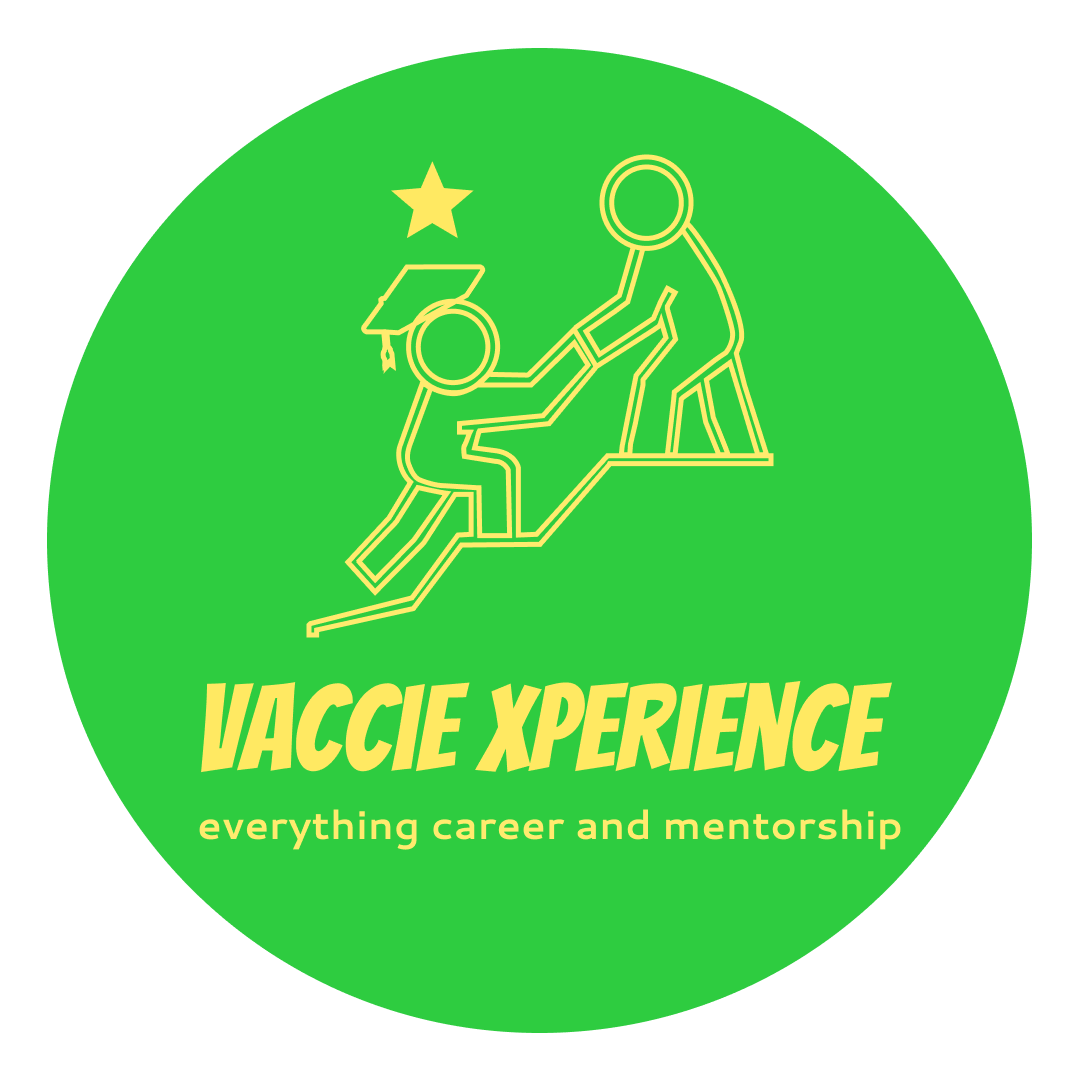"Empowering Futures, One Connection at a Time."
Explore: Public Health Research Intern
Brief description of the role
Key responsibilities and day to day tasks of the job
On a typical day, I assist the research team by conducting field visits to rural communities to collect health-related data through surveys and interviews with residents. I help prepare questionnaires and ensure ethical standards are followed during data collection. Back at the office, I enter and clean the data using software like Excel or SPSS, and assist in analyzing trends related to healthcare access, disease prevalence, and public health interventions.
I also contribute to literature reviews on rural health issues and support the preparation of reports and presentations that communicate findings to stakeholders, including community leaders and healthcare providers. Attending team meetings helps me understand the broader impact of the research and gives me a chance to discuss challenges and solutions with experienced professionals.
Skills most important for success in this role
Research & Data Analysis Skills:
Ability to collect, interpret, and analyse health data (surveys, interviews, stats). Familiarity with tools like Excel, SPSS, or KoboToolbox is a bonus.
Attention to Detail:
Ensuring data is clean, accurate, and ethically collected is vital in health research.
Communication Skills (Verbal & Written):
Writing clear reports, translating research into simple language for communities, and engaging respectfully with participants.
Cultural Sensitivity & Empathy:
Working in rural and underserved areas requires understanding local beliefs, languages, and customs.
Teamwork & Collaboration:
Public health is community-driven. You need to work with nurses, outreach workers, researchers, and the communities themselves.
Organisational Skills:
Managing timelines, documents, and research logistics such as transport, fieldwork tools, or data collection schedules.
Ethical Awareness:
Understanding informed consent, confidentiality, and ethical research practices in health settings.
Adaptability & Problem-Solving:
Fieldwork can be unpredictable. Flexibility and quick thinking are key when plans shift.
School subjects / tertiary courses / required certificates
Biology – To understand human health and diseases.
Mathematics – For data analysis and statistics.
Physical Sciences – Helpful for a scientific approach to health research.
Geography – Useful for understanding rural environments and populations.
English – For report writing and communication skills.
Tertiary Courses:
Bachelor’s Degree or Diploma in Public Health, Health Sciences, Social Sciences, Epidemiology, or related fields.
Courses in Statistics, Research Methodology, and Data Analysis are highly recommended.
Short courses or certificates in Community Health, Health Promotion, or Survey Techniques can be valuable.
Required Certificates:
Matric Certificate (Grade 12) with relevant subjects.
Research Ethics Training or Certification (often required for field research involving human subjects).
First Aid Certificate (sometimes necessary for fieldwork).
Kind of work environment (e.g Office based, remote, fieldwork etc)
This role involves a mix of fieldwork and office-based tasks. Fieldwork means spending time in rural communities, often outdoors, conducting surveys and interviews, which requires adaptability to varying weather and sometimes challenging conditions. You’ll need good interpersonal skills to engage respectfully with community members.
Back in the office, the environment is more structured and involves data entry, analysis, and report writing, often using computers and statistical software. Collaboration with team members and attending meetings are important parts of the job. Safety protocols and ethical guidelines are strictly followed both in the field and office.
Potential career progression opportunities in the field
You can progress from being an intern to a more permanent post such as Public Health officer working on community level health programmes (HIV prevention, TB outreach, maternal health), to being a health researcher focusing on academic / NGO led research – from designing studies to publishing findings to being a Data Analyst analysing trends in disease outbreaks, health behaviours, and access to healthcare services. Other positions are as follows:
– Monitoring & Evaluation (M&E) Specialist; Programme Manager (NGO or Health Department); Health Policy Analyst / Advisor; Public Health Consultant (Local or Global); Further Study → Public Health Researcher / Lecturer
Are there any internships, work experience or volunteer opportunities that would help gain exerience in this field
Some universities allow undergrad or honours students to assist with ongoing studies or community-based projects.
Many public health projects need M&E support — a great way to learn data skills in context.
Even small projects in your area (helping with a food security study, for example) are excellent experience.
